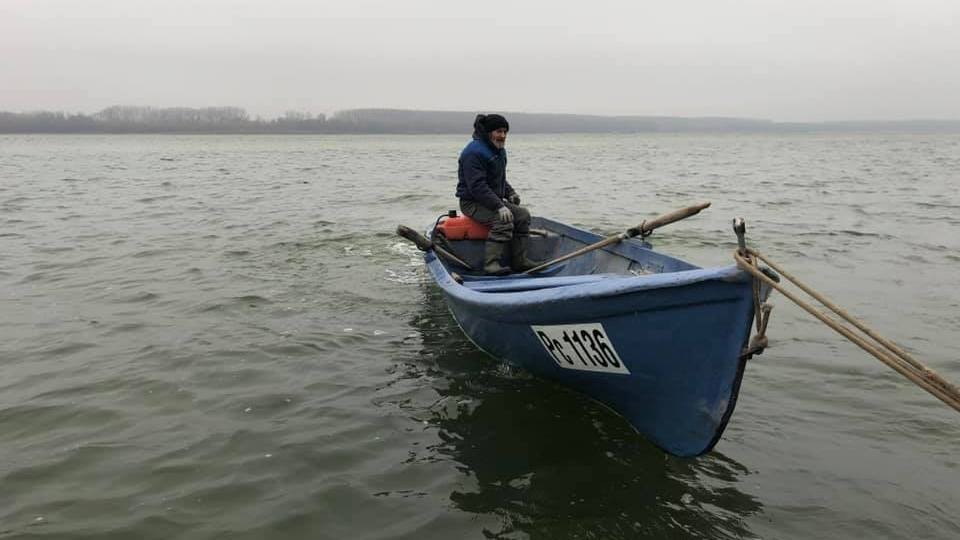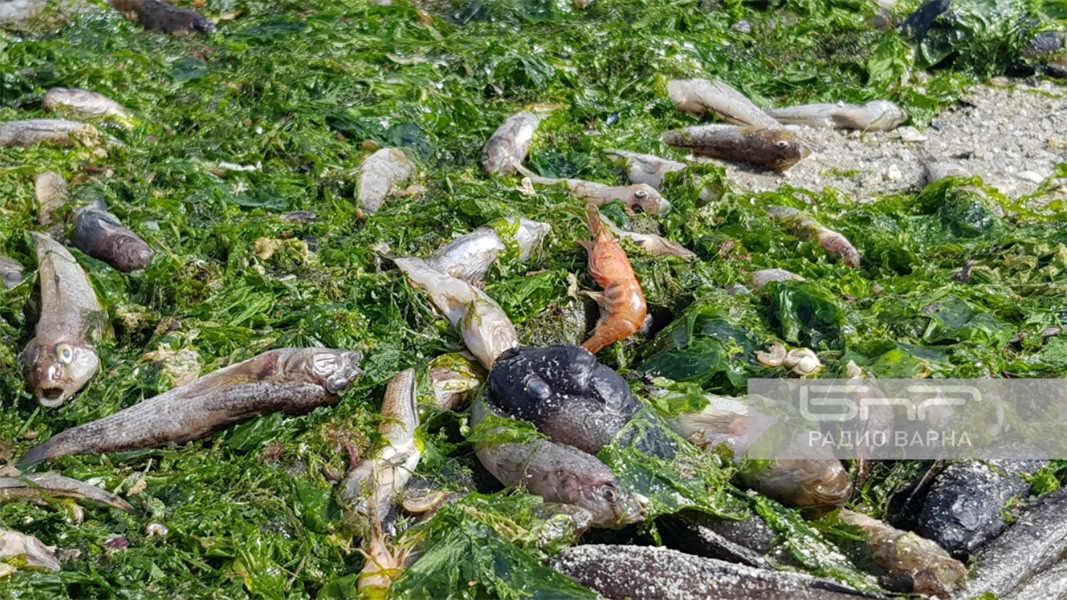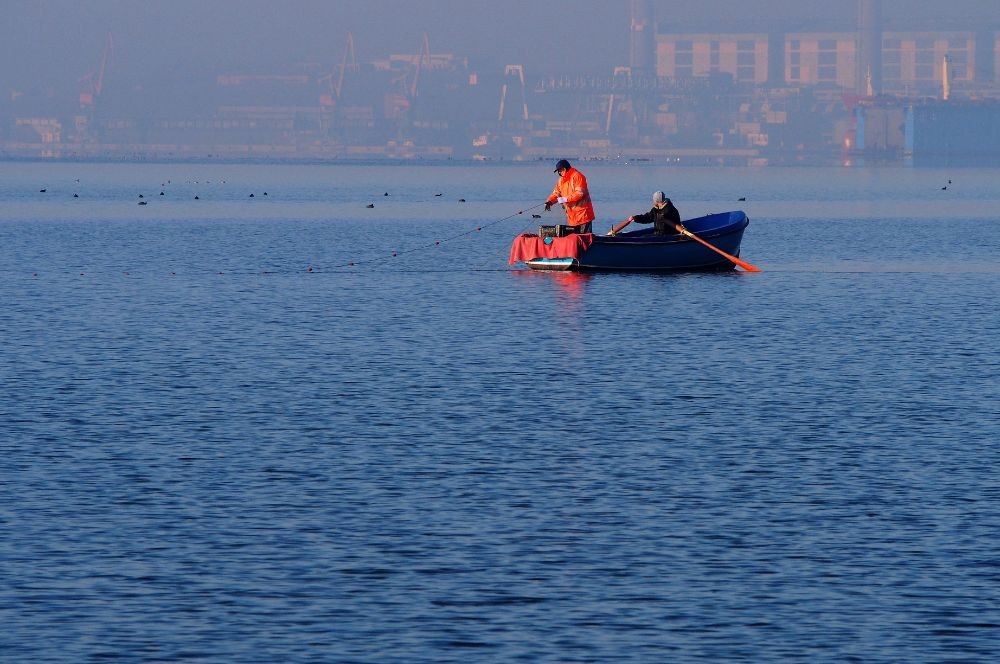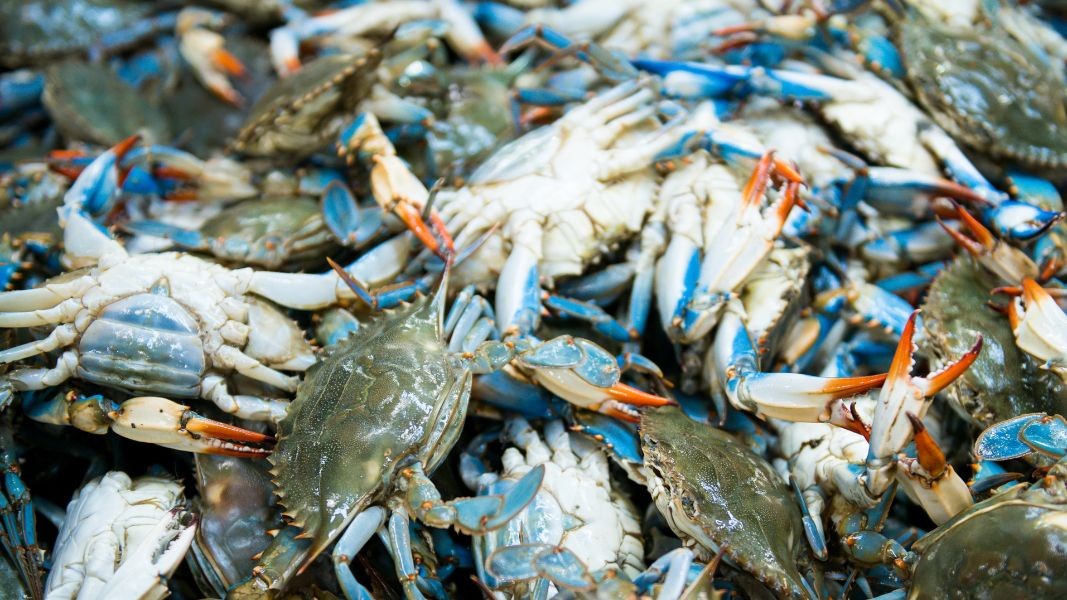



On the night of Saturday to Sunday (30 March), at 3am, we need to move the clock forward one hour - to 4am. This will give us an hour less sleep on that particular night, but in the long run we will be able to make better use of daylight, which should..
Bulgaria has joined a multinational nomination for accession to the element "Pasture traditions", inscribed on the UNESCO List of Intangible Cultural Heritage. The event was marked on March 28 with the official signing of the nomination by the..
The international business exhibition Architectural Building Week 2025 starts today at the Inter Expo Centre in Sofia and runs until 29 March. It is being held alongside the Green Energy and Building Information Modelling (BIM) forums. This year's..
An international conference “AI and education: The road to innovative teaching and learning” brings together 50 teachers from the Bulgarian schools..
The roof of the National High School of Applied Arts in Tryavna , a cultural landmark with almost a century of history, was destroyed in a fire early this..

+359 2 9336 661
